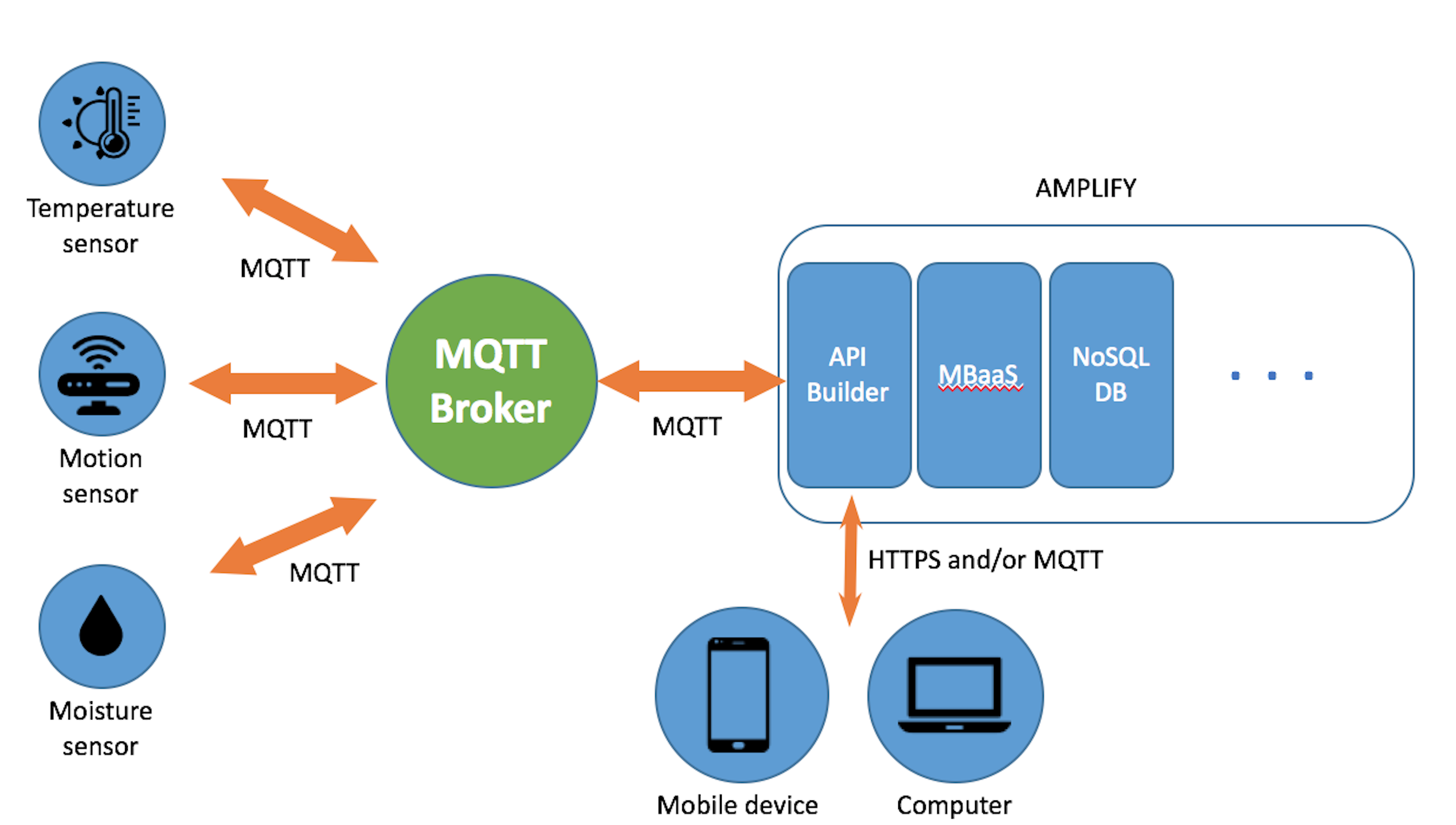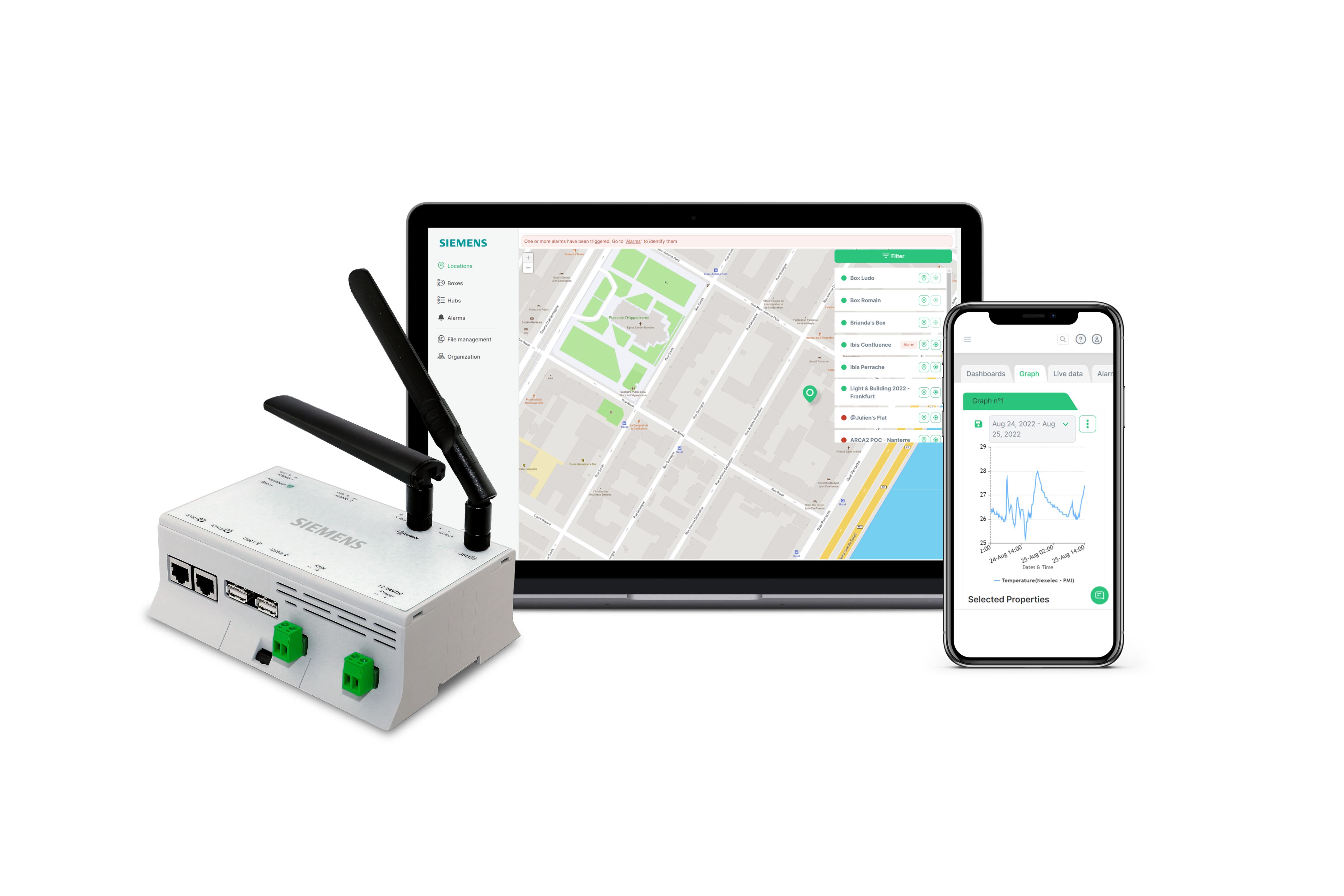Unlocking The Power Of RemoteIoT API: Your Ultimate Guide To IoT Integration
Hey there tech enthusiasts! Are you ready to dive into the fascinating world of RemoteIoT API? This isn't just another tech buzzword; it's a game-changer for anyone interested in Internet of Things (IoT) integration. Picture this: a world where your devices can communicate seamlessly, share data effortlessly, and make your life a whole lot easier. That's exactly what RemoteIoT API brings to the table. So, let's get started and see how this incredible tool can transform the way we interact with technology.
Now, you might be wondering, "What's the big deal about RemoteIoT API?" Well, buckle up because we're about to break it down for you. In today's fast-paced digital landscape, IoT is no longer a luxury but a necessity. Whether you're a developer looking to build cutting-edge applications or a business owner aiming to enhance operational efficiency, RemoteIoT API has got your back. It's designed to simplify complex processes, making IoT integration accessible to everyone.
Before we dive deeper, let's set the stage. This guide is crafted with you in mind. We'll explore everything from the basics of RemoteIoT API to advanced use cases, ensuring you walk away with a solid understanding of its capabilities. So, whether you're a tech newbie or a seasoned pro, there's something here for everyone. Let's get started, shall we?
- Dubai Porta Potty Images Your Ultimate Guide To Clean And Convenient Facilities
- Yomovies Re Your Ultimate Guide To Movie Streaming In 2023
What is RemoteIoT API?
Understanding the Basics
First things first, let's define what RemoteIoT API actually is. Simply put, it's an application programming interface (API) designed to facilitate communication between IoT devices. Think of it as the bridge that connects your smart devices, enabling them to exchange information and perform tasks in harmony. The beauty of RemoteIoT API lies in its ability to streamline this process, making it easier for developers to build robust IoT solutions.
Here are some key points to keep in mind:
- RemoteIoT API supports multiple protocols, ensuring compatibility across various devices.
- It offers a secure and reliable platform for data transmission.
- With RemoteIoT API, you can manage devices remotely, monitor their performance, and troubleshoot issues in real-time.
Why RemoteIoT API Matters
The Growing Importance of IoT Integration
In today's interconnected world, IoT integration is more important than ever. Businesses are leveraging IoT to enhance productivity, reduce costs, and improve customer experiences. And that's where RemoteIoT API comes into play. By providing a seamless way to connect and manage IoT devices, it empowers organizations to unlock new possibilities and drive innovation.
- Desi Hub The Ultimate Guide To Unlocking The Power Of Community And Collaboration
- Vega Movie 2 The Sequel That Fans Have Been Waiting For
Let's take a look at some statistics to highlight its significance. According to a recent report by Statista, the global IoT market is projected to reach $1.1 trillion by 2026. That's a massive growth driven by the increasing adoption of IoT technologies. With RemoteIoT API, businesses can tap into this growing market and stay ahead of the competition.
Key Features of RemoteIoT API
What Makes It Stand Out?
Now that we understand what RemoteIoT API is and why it matters, let's delve into its key features. These are the elements that set it apart from other IoT solutions on the market:
- Scalability: Whether you're managing a few devices or thousands, RemoteIoT API scales effortlessly to meet your needs.
- Security: With built-in encryption and authentication mechanisms, it ensures the safety of your data and devices.
- Flexibility: Supporting a wide range of protocols and devices, RemoteIoT API offers unparalleled flexibility for developers.
These features make RemoteIoT API a top choice for anyone looking to integrate IoT into their projects.
How to Get Started with RemoteIoT API
Setting Up Your Environment
Ready to start exploring RemoteIoT API? The first step is setting up your development environment. Here's a quick guide to help you get started:
- Sign up for a RemoteIoT API account to access its features and documentation.
- Install the necessary libraries and tools required for development.
- Test your setup by connecting a simple IoT device and verifying communication.
Don't worry if you're new to IoT development. RemoteIoT API provides extensive documentation and tutorials to guide you through the process.
Use Cases for RemoteIoT API
Real-World Applications
The versatility of RemoteIoT API makes it suitable for a wide range of applications. Here are some real-world examples:
- Smart Homes: Control lighting, climate, and security systems from anywhere in the world.
- Industrial Automation: Monitor and manage machinery performance to optimize production.
- Healthcare: Enable remote patient monitoring and improve healthcare delivery.
These use cases demonstrate the potential of RemoteIoT API to transform industries and improve daily life.
Best Practices for Using RemoteIoT API
Maximizing Your Experience
To get the most out of RemoteIoT API, it's essential to follow best practices. Here are a few tips to keep in mind:
- Always prioritize security when handling sensitive data.
- Regularly update your devices and software to ensure compatibility and performance.
- Experiment with different configurations to find what works best for your specific needs.
By adhering to these guidelines, you can ensure a smooth and successful integration of RemoteIoT API into your projects.
Challenges and Solutions
Overcoming Common Obstacles
No technology is without its challenges, and RemoteIoT API is no exception. Here are some common issues developers might face and how to address them:
- Compatibility Issues: Ensure all devices and protocols are supported by RemoteIoT API.
- Performance Bottlenecks: Optimize your code and network settings to improve performance.
- Security Concerns: Implement robust security measures to protect your data and devices.
With the right approach, these challenges can be overcome, allowing you to fully leverage the power of RemoteIoT API.
Future Trends in RemoteIoT API
What's on the Horizon?
As technology continues to evolve, so does RemoteIoT API. Here are some exciting trends to watch out for:
- Integration with emerging technologies like AI and blockchain.
- Enhanced security features to address growing concerns about data privacy.
- Increased focus on user-friendly interfaces to simplify development processes.
These trends highlight the dynamic nature of RemoteIoT API and its potential to shape the future of IoT.
Conclusion
Wrapping things up, RemoteIoT API is a powerful tool that can revolutionize the way we interact with IoT devices. From its robust features to its wide range of applications, it offers endless possibilities for developers and businesses alike. So, why wait? Dive into the world of RemoteIoT API and discover what it can do for you.
We'd love to hear your thoughts and experiences with RemoteIoT API. Leave a comment below or share this article with your network. And don't forget to explore our other resources for more insights into the exciting world of IoT.
Table of Contents:
- What is RemoteIoT API?
- Why RemoteIoT API Matters
- Key Features of RemoteIoT API
- How to Get Started with RemoteIoT API
- Use Cases for RemoteIoT API
- Best Practices for Using RemoteIoT API
- Challenges and Solutions
- Future Trends in RemoteIoT API
- Conclusion
Thanks for sticking around, folks! Remember, the future of IoT is here, and RemoteIoT API is your gateway to it. Keep exploring, keep learning, and most importantly, keep innovating!
- Vivi2freaky Leak Unveiling The Truth Behind The Viral Phenomenon
- Camillaleaks The Inside Scoop You Need To Know

MQTT Intro API Builder and MQTT for IoT Part 1

Building an electric vehicle charge point operator

RemoteIoT Device Connect Software Download A Comprehensive Guide